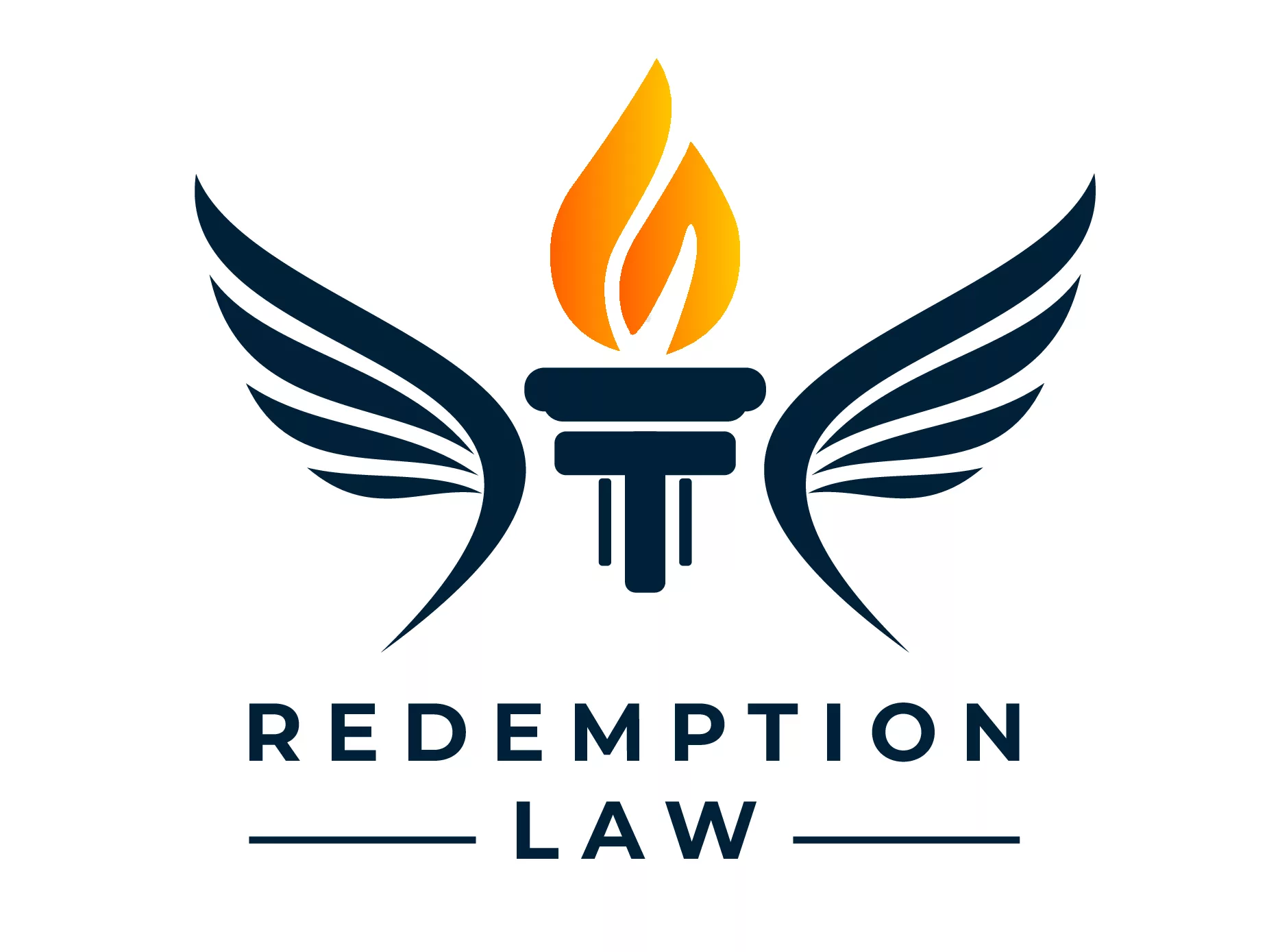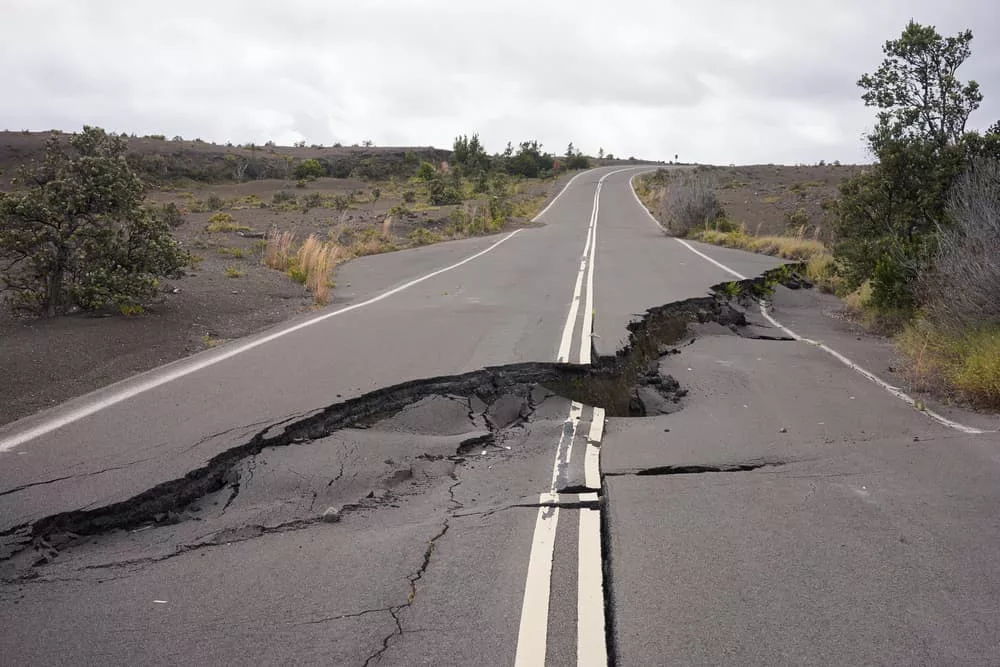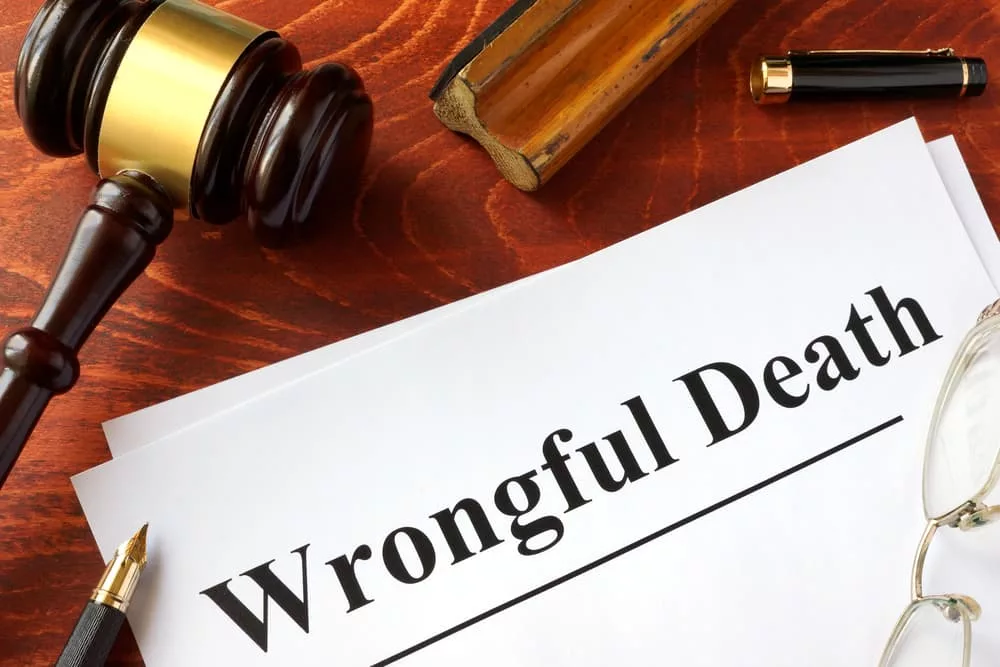Losing a loved one in a car accident is an unimaginable tragedy that no one should endure. The grief and pain can leave families in a state of confusion and emotional turmoil.
If your loved one’s death resulted from another party’s negligence, you may collect compensation for your loss. With a wrongful death attorney, you can navigate the complexities of a wrongful death lawsuit and get the money you deserve.
Who Can File a Wrongful Death Claim?
Tens of thousands of people die on U.S. roads every year. Generally, surviving family members include the spouse, children, and parents. In some cases, other family members, including siblings, grandparents, and other dependents may receive compensation for the wrongful death claim.

In some jurisdictions, only an estate representative can file a wrongful death claim. If the deceased did not appoint a representative before their death or mention this person in their will, the court will file the claim.
Spouse
In most cases, the surviving spouse of the deceased may file a wrongful death claim.
The spouse can use the proceeds from the wrongful death claim to pay for medical bills, funeral expenses, and other related expenses. In some situations, the spouse can recover damages for loss of consortium or companionship.
Children
A child of the deceased may file a wrongful death claim if they were a minor at the time of their parent’s death or a dependent at any age.
The child may recover damages for the loss of companionship and financial support the deceased would have provided had they not passed away.
Parents
In some cases, parents can also file a wrongful death claim. When criminal or negligent conduct causes the death of their child, parents can take legal action; however, in many situations, the parents can file a wrongful death case only if the child has no surviving spouse or children.
Personal Representative
The personal representative of the decedent’s estate can file a wrongful death claim on behalf of the estate or surviving family members. When filing a wrongful death claim, the representative must list all family members with an interest in the case.
A wrongful death attorney can help you determine who is eligible for compensation in a wrongful death case and plan an appropriate course of action.
Wrongful Death Claim vs. Criminal Homicide Case
A wrongful death is a civil matter, but homicide is a criminal matter. In a wrongful death lawsuit, the estate of the deceased attempts to recover damages in a civil court proceeding or by settling with the insurance company.
Criminal homicide cases involve criminal court proceedings during which a state prosecution seeks a prison sentence for the accused. Both proceedings can occur for the same death.
In a wrongful death claim, the plaintiff must prove the defendant is liable (more likely than not) by providing evidence; however, in a criminal homicide lawsuit, the prosecution must prove guilt beyond a reasonable doubt. This results in a higher burden of proof than in a civil court proceeding for wrongful death.
Proving Negligence in a Wrongful Death Case
To recover compensation for the death of a loved one, you have to prove that the at-fault party’s negligent actions led to the death. To do this, your attorney needs to demonstrate several elements of negligence.
Legal Duty of Care
A duty of care is a legal obligation that requires one party to act reasonably and responsibly to prevent harm to others. In the context of a wrongful death claim, your attorney needs to establish that the defendant owed a duty of care to the deceased at the time of the incident.
For example, drivers owe a duty of care to other motorists, pedestrians, and cyclists by operating their vehicles safely and responsibly. This may include following traffic regulations, signaling appropriately, maintaining a safe following distance, and exercising caution in dangerous weather conditions.
Breach of Legal Duty of Care
A breach of duty occurs when an individual or entity fails to uphold their duty of care. In the context of a wrongful death claim, your attorney will need to demonstrate that the at-fault party breached their duty of care to the decedent, contributing to the fatal outcome.
For example, breaches of duty in car accidents can take many forms, such as speeding, driving under the influence of alcohol or drugs, or failing to yield the right of way. These actions, among others, are often considered negligence because they increase the risk of causing harm to others on the road.
To prove a breach of duty, your attorney will gather evidence to demonstrate that the at-fault party failed to uphold their duty of care. This may include witness statements, traffic conditions, camera footage, police reports, and even expert witness testimony. The collected evidence is crucial in building a strong wrongful death case and holding the responsible parties accountable for their actions.
Causation
In the legal context, causation refers to the connection between the defendant’s breach of duty and the victim’s death. To establish a successful wrongful death claim, your attorney would need to prove that the at-fault party’s negligent actions were the direct or proximate cause of your loved one’s death.
The direct cause of wrongful death is the immediate event or action that led to the decedent’s passing, such as the driver running a red light and crashing into their vehicle. Proximate cause, on the other hand, refers to a series of events or chain of causation that is traceable back to the defendant’s breach of duty. Your attorney must establish direct or proximate causation to prove liability in a wrongful death claim.
You and your attorney would need to provide evidence to demonstrate the connection between the defendant’s breach of duty and the victim’s death. This can include medical records, accident reports, expert testimony, and other relevant documentation. The strength and clarity of this evidence will be crucial in proving causation and ultimately securing compensation.
Damages in Wrongful Death Claims
When pursuing a wrongful death claim, you can recover economic and non-economic damages. The size of your compensation depends on the quality of evidence and your attorney’s expertise.
Economic Damages
Economic damages represent the quantifiable financial losses suffered as a result of the decedent’s death. These include medical expenses incurred before the decedent’s passing, funeral and burial costs, lost earnings and benefits, and the loss of the decedent’s potential earnings and services.
Non-Economic Damages
Non-economic damages (also called pain and suffering) encompass the more subjective, emotional losses that the surviving family members experience. These can include suffering, emotional distress, loss of companionship, and loss of parental guidance for children that the decedent leaves behind.
Calculating Damages
Calculating damages in a wrongful death claim can be complex and involves estimating the financial and emotional losses the death has caused. Your attorney may need to work with experts, such as economists and medical professionals, to accurately assess the extent of these damages and help ensure you receive the compensation you deserve.
Evidence to Support Damages
To secure the appropriate compensation, your attorney must provide evidence that supports the claimed damages. You can use documentation, such as medical bills, funeral expenses, and payroll records, to substantiate economic damages.
For non-economic damages, you can use witness testimony from friends, family members, or mental health professionals to demonstrate the emotional impact of the decedent’s death on the surviving family members.
The Timeframe for Filing a Wrongful Death Claim
A statute of limitations is a legal deadline that sets the maximum amount of time an individual has to file a lawsuit after an event occurs. In wrongful death claims, the statute of limitations dictates how long surviving family members or a personal representative have to initiate legal action following the decedent’s death.
The timeframe for filing a wrongful death claim can vary depending on the jurisdiction and the specific circumstances surrounding the case. In many states, the statute of limitations for wrongful death lawsuits is typically between one and three years from the date of the decedent’s death. For example, in Florida, the statute of limitations for a wrongful death claim is two years.
If you miss the deadline, the court may dismiss the wrongful death claim, eliminating the possibility of recovering any compensation. You may want to consult an experienced attorney as soon as possible after the loved one’s death to ensure you file the claim within the legally required time frame.
While some exceptions to the statute of limitations exist, delaying legal action is ill-advised. The longer you wait to file a wrongful death lawsuit, the harder it can be to build a strong case.
Insurance Coverage in a Wrongful Death Case
Insurance plays a crucial role in wrongful death claims, as it often represents the primary source of compensation for the decedent’s estate. Your attorney is likely to work closely with the involved insurance companies, negotiating with them to reach a fair settlement or, if necessary, litigating your claim in court to obtain the compensation you deserve.
The role of the insurance company in a wrongful death case depends on the jurisdiction you are in. If you are in a no-fault state, the at-fault party’s insurance company is not responsible for paying compensation. You may have an opportunity to recover damages from your Personal Injury Protection insurance. Alternatively, you can go further and sue the at-fault party directly. Talk to your lawyer about the legal options that are available to you.
Settlement Negotiations
Throughout the case, you have the right to negotiate a settlement with the at-fault party’s insurance companies or their lawyers.
Reaching a settlement in a wrongful death claim can have several benefits. Settling the case out of court can save time, money, and emotional distress associated with litigation.
Additionally, settlements often provide a more predictable outcome, allowing the decedent’s estate and surviving family members to receive compensation without the uncertainty of a trial verdict.
Factors To Consider in Settlement Negotiations
Settlement negotiations in a wrongful death claim require careful consideration of:
- The strength of the evidence.
- Potential damages.
- Available insurance coverage.
- The defendant’s financial resources.
Your attorney can weigh these factors to determine the appropriate settlement value and negotiate on your behalf to maximize the compensation you receive.
The Role of Legal Counsel in Negotiations
An experienced attorney is essential in wrongful death settlement negotiations. They can represent your interests and use their knowledge of the law and negotiation skills to fight for the best possible outcome in your case.
A qualified attorney should be prepared to take the claim to trial if the parties cannot reach a fair settlement. Without legal experience and expertise, it may be impossible to recover fair damages.
Navigating a Wrongful Death Claim After a Car Crash

A wrongful death claim serves not only as a means of recovering compensation but also as a way to hold the responsible party accountable for their actions. By pursuing a claim, you can help prevent future accidents, protect other families from experiencing similar losses, and honor the memory of your loved one.
Retain the services of a qualified personal injury attorney to receive the justice and compensation you deserve for the loss of your loved one during this complex and emotionally challenging process.
Related articles
Related articles Related articles Related articles Related articles Related articles Related articles Related articles Related articles Related articles Related articles
Personal Injury
02 Feb 2024
How Long After An Accident Can You Claim Injury?





